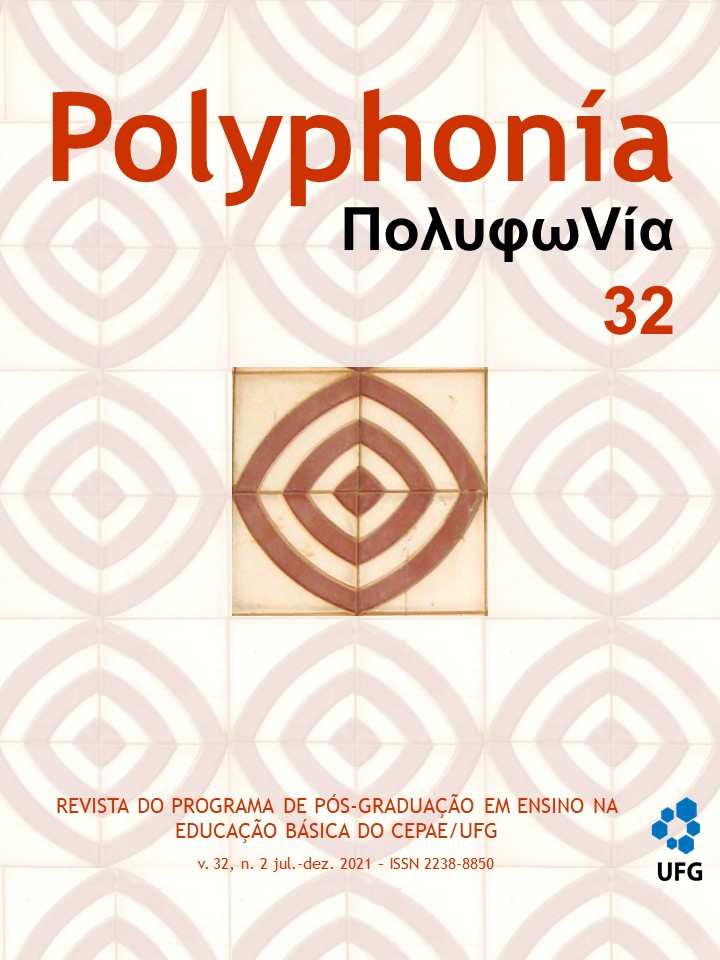Crianças pequenas na escola: contradições e potencialidades
DOI:
https://doi.org/10.5216/rp.v32i2.70895Abstract
In contemporary capitalist society, the social activity of small children is largely situated within early childhood education institutions. This article recovers the origins and historical development of early childhood education institutions, analyzing the specific societal needs according to which this societal practice was instituted and institutionalized. In this way, it shows that the consolidation of early childhood education as an institutional practice has historically responded to extrinsic motivations, essentially economic and ideological, while opening the historical possibility of converting the best possible conditions for development and social development into an object of research and social debate. Reflect on the nursery scholls as a historical achievement that, although not free from contradictions, contains the potential to enrich the human education of the child, is the proposal of this essay, which problematizes the conceptions of child and child development underlying the educational projects historically in dispute. Developmental teaching is presented as a path that realizes the potential for the early childhood school to be a space for meaningful and formative activities for children up to five years of age.


